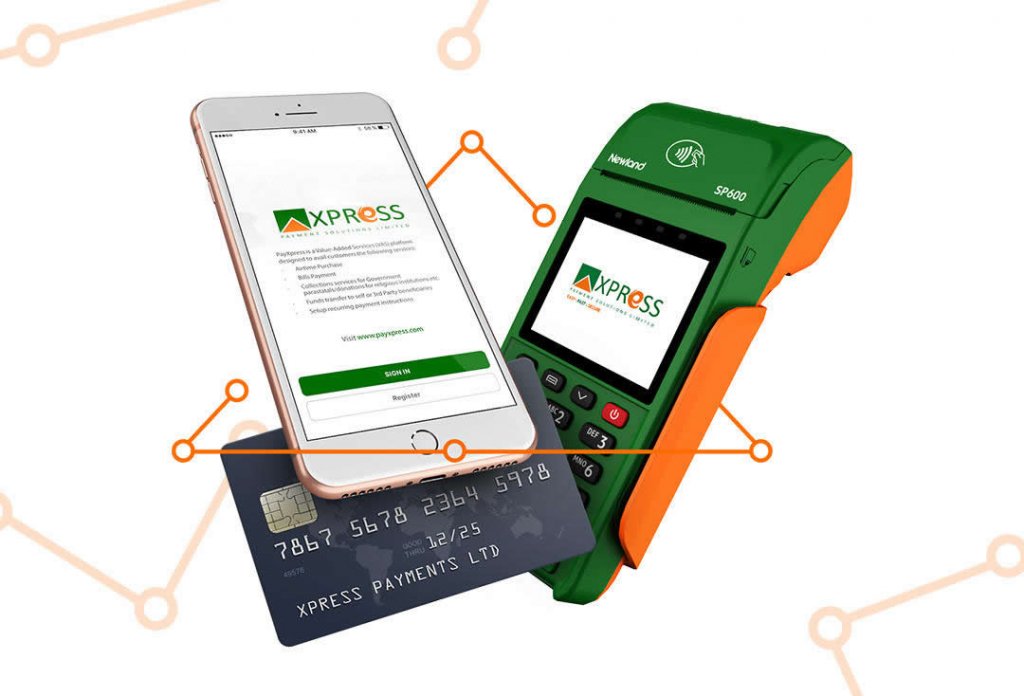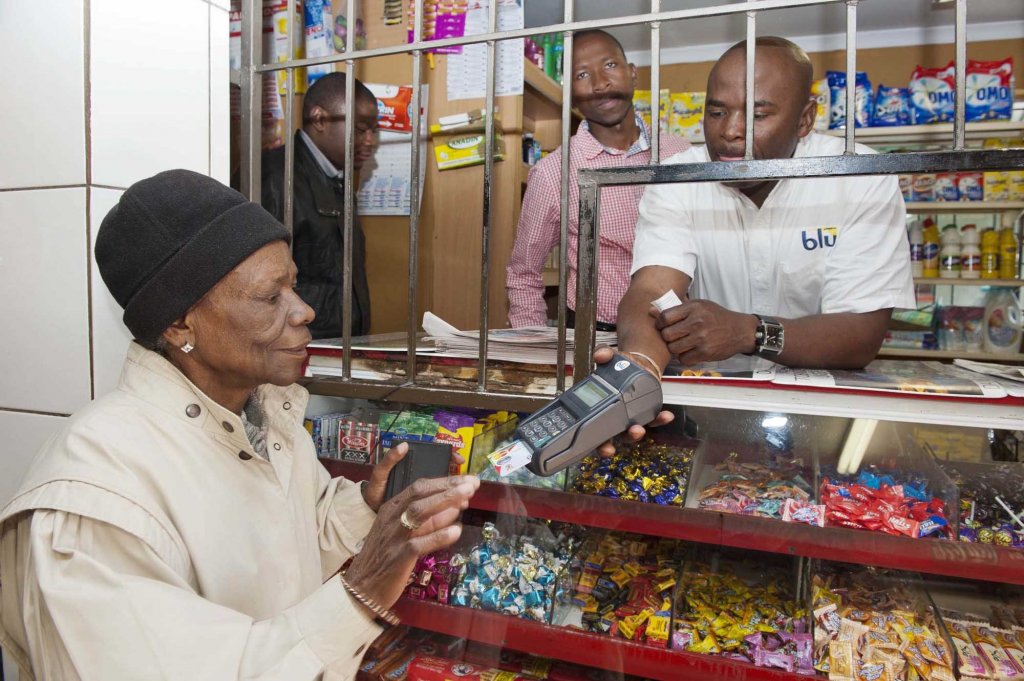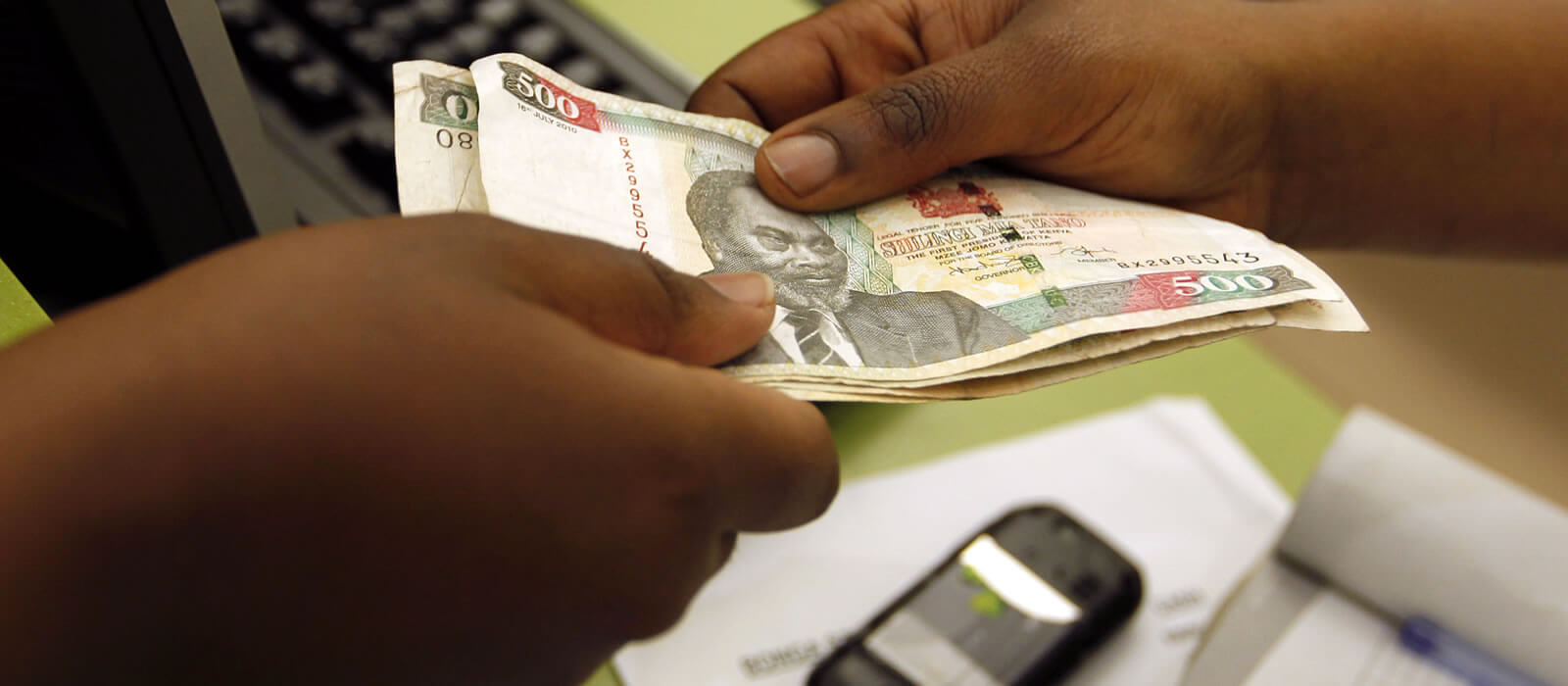With a large number of Nigerians still financially excluded, predominantly in rural areas, many industry stakeholders have recognised the need to put in place incentives in order to bring more people into the financial space.
In 2016, 58.4 per cent of the nation’s 96.4 million adults were financially served, compared to a target of 69.5 per cent – leaving 41.6 per cent (about 40.9 million adults) financially excluded, according to latest data from the Central Bank of Nigeria.
The exposure draft of the ‘National Financial Inclusion Strategy Refresh’ report, released recently by the apex bank, showed that only 36.9 million adults were banked in 2016 while over 59 million were unbanked.
That was four years after the CBN, in collaboration with stakeholders, launched the National Financial Inclusion Strategy with the aim of reducing financial exclusion rate to 20 per cent by 2020 from 46.3 per cent.
Specifically, adult Nigerians with access to payment services is to increase from 21.6 per cent in 2010 to 70 per cent in 2020. Those with access to savings should increase from 24 per cent to 60 per cent; and credit from two per cent to 40 per cent; insurance from one per cent to 40 per cent, and pensions from five per cent to 40 per cent, within the same period.
Xpress Payment Solutions Limited, a financial technology solution firm, has identified as a major constraint to financial inclusion the lack of adequate products and services that will attract the unbanked and underbanked to financial services providers.
“Most of the licensed mobile money companies lack attractive products and services on their platforms. This reduces the interest for agent network providers,” the company’s Managing Director/Chief Executive Officer, Oluwadare Owolabi, tells our correspondent.

The International Finance Corporation and Mastercard Foundation, in a report titled ‘Digital access: The future of financial inclusion in Africa,’ highlighted the need in the broader financial services industry across the continent to shift to the next generation of digital products.
“A broader, more multi-faceted market is asking for more sophisticated and relevant products beyond person-to-person payments. There are evident opportunities to develop digital banking, savings and credit products as well as the digitisation of value chain financing and merchant payments. This can significantly improve customer benefits and usage, as well as long-term sustainability for providers,” the IFC Head, Financial Institutions Group Advisory, Sub-Saharan Africa, Riadh Naouar, says.
Describing the customer as “the new boss in town,” Naouar says, “As the lines between providers are becoming increasingly blurred, users don’t necessarily care about who or what kind of entity the provider is, as long as they can access the services they desire. Understanding mass market customer needs will be the key to success.”
According to the Xpress Payments boss, other major constraints to financial inclusion in Nigeria include poor network coverage, inadequate agency networks, high cost of setting up agents, and lack of adequate of adequate awareness.
Owolabi says, “The poor network coverage greatly hinders the provision of basic agent banking services in rural areas. It becomes very difficult to carry out transactions in these areas.
“While the CBN has issued the mobile money licenses to a number of organisations, not all of them are actively running/selling the services in the areas where people are financially excluded. This is due to the inability of the business to generate enough revenue that encourages these operators to sell their products and services in these regions.”
He, however, noted that increasing the visibility of agent branch network as well as opening additional or new branches were affected by high setup costs.
According to him, trust is also a major constraint as the target markets are not ready to adapt to the changes in payments methods and will rather go back to the conservative methods of keeping money at home.
Owolabi adds, “The Know Your Customers requirements are also seen as limiting, as the target audiences do not always have the appropriate requirements to be agents and completely puts them off the initiative.”
On the need to boost awareness, he says, “In some countries, the government laid more emphasis on this initiative by directing people to get their salary payments from the mobile money platforms. Our government must also push some payments unto the platform. This worked, but it turned out that the usage by the people was only once a month when salaries are paid. Although it created awareness but usage was limited.”
He stresses the need for more education and sensitisation on financial inclusion in a bid to reduce the number of those who are financially excluded, for instance farmers in rural areas.
“It is also important that products are provided that meet the needs of these farmers, e.g. microloans and micro insurance policies that create opportunities for the farmers,” Owolabi says.
He says the reduction of account opening requirements, removal of minimum deposits for these people, readily available access to the agency-banking network, among others, will make it less cumbersome for people to open accounts.

According to him, the basic and key role telecommunications companies can play in deepening financial inclusion is the provision of a wider and more accessible network coverage in remote areas.
He also says the quality of network provided should be high and guaranteed, adding, “This will go a long way in boosting activities of agent banking operators in rural areas.”
The Xpress Payments MD describes Kenya’s Mpesa as one of the biggest success stories from Africa in terms of mobile payments and agent banking.
He says, “One key lesson learnt is that Mpesa facilitates a variety of services through the mobile phone. Of importance is the fact that Mpesa user can transfer money to registered and non-registered users of the platform. This greatly increases the spread of users. A non-registered receiver of money through this platform is forced to register to access his/her funds.”
Owolabi says policymakers in Nigeria should also focus on increasing the number of services and products available, besides the cash in and cash out options.
He says, “Loans, insurance schemes, and lending could be introduced to encourage the financially excluded to take up these services. They can also encourage more players and aggregators to sign up through the provision of grants and long-term loans at very low and minimal interest rates.
“We should also understand that we are phased with a peculiar situation in Nigeria. The bank’s network in Kenya was limited before Mpesa. In Nigeria, we were of age when mobile payment was introduced, with about 8,000 to 10,000 branches in existence. Nevertheless, attractive products and services will determine performance in this sector. Policymakers should take time to invest in research that will strategically develop and build peculiar products for our people.”
He says Xpress Payments’ products and services include Unstructured Supplementary Service Data payment channels for carrying out transactions, micro finances, micro savings, microloans, and loyalty rewards.
Get real time update about this post categories directly on your device, subscribe now.



